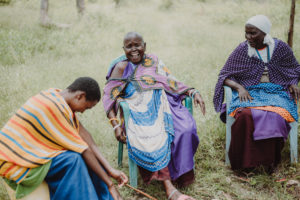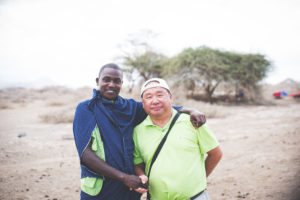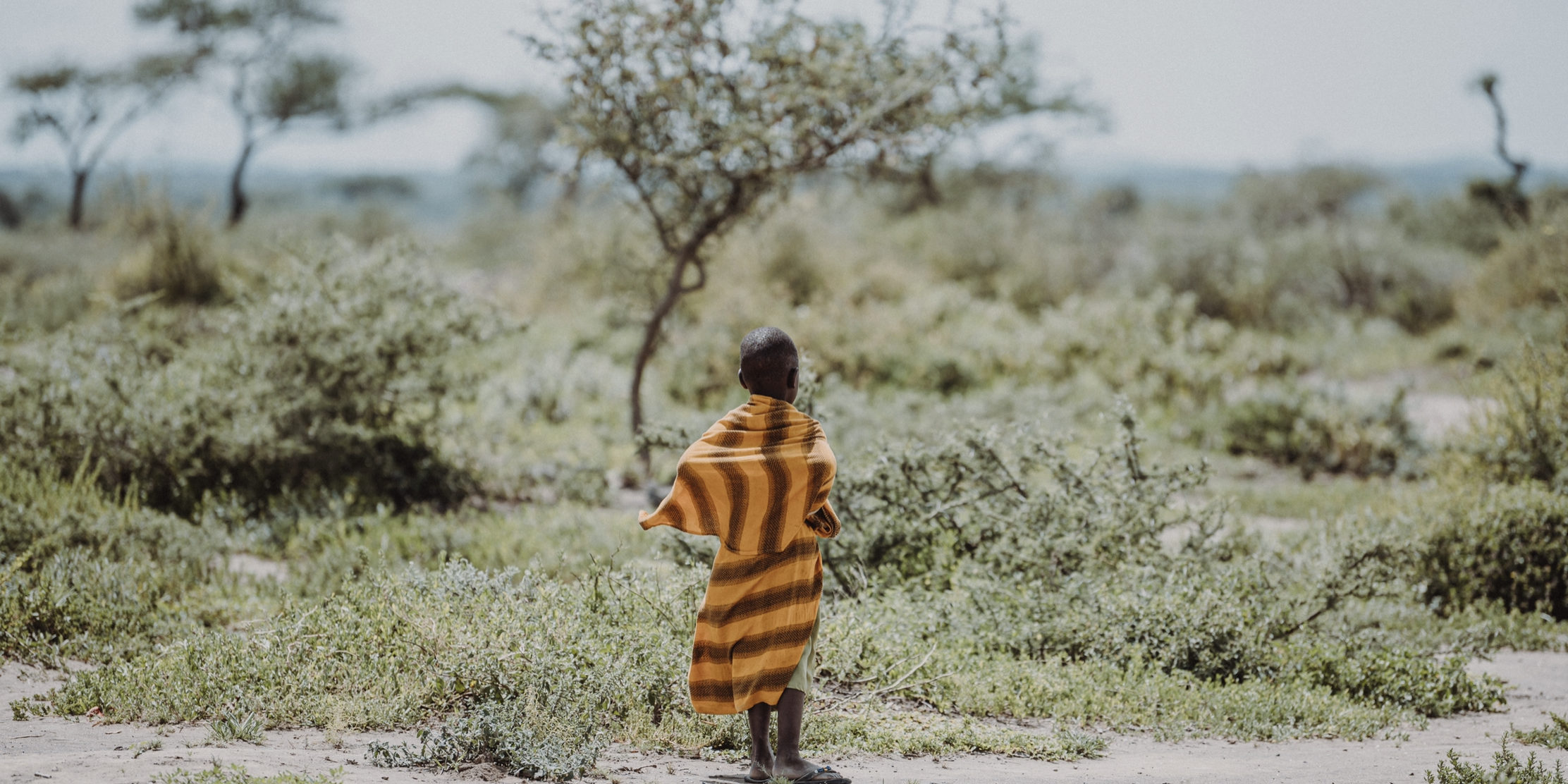Dostoyevsky famously said, “Love in action is a harsh and dreadful thing compared to love in dreams.” And although the events of the past year have sparked a wave of selfless generosity and courage, much of the past year has also felt like a reckoning. The poverty of our love and our imagination; the poverty of justice and equality in our communities; the poverty of our repentance and restitution; all these feel as if they are being exposed deeper with each passing month.
In their best-selling book When Helping Hurts, Brian Fikkert and Steve Corbett make the case that there are many different kinds of poverty. Here in the West, we focus almost exclusively on material and financial poverty – more or less eager to feed, clothe, shelter, and educate the “poor.” However, as those who have spent any time with the so-called poor around the world will tell you, once we truly encounter their lives, our own poverty is also exposed. Often, it is a poverty of relationship, a poverty of love.

“Their realities defy our understanding of a life full and well lived,” says Loom founder Janna Moats. “Their day to day looks like what most of us have worked hard to avoid.
“Lives without enough money, filled with the stress of babies dying, orphaned children, women being exploited, disease and malnutrition on their doorstep—literally knocking at their door 24/7.”
And yet, “the Local Experts have hope when no one else does. These are people that stand in the middle of the chaos…one person, one family, one mother, one child at a time. They know them intimately, in a way that none of us could. This way of working is very counterintuitive for us as a culture.”
In our relationship with Social Innovators around the world, we are continually inspired, even compelled, by witnessing the ways in which their lives are rich in this counterintuitive love. By their lives, they speak to us the words of 1 John: “Dear children, let us not love with words or speech but with actions and in truth.” Or, as Dorothy Day put it: “there is nothing that we can do but love, and, dear God, please enlarge our hearts to love each other, to love our neighbor, to love our enemy as well as our friend.”
We know first-hand what it means to have our own poverty of love exposed – to be confronted with our own tendencies towards self-absorption, inaction, or comfort. It can be painful to have our own poverty exposed, rather than focusing on the poverty of others. And yet, this revelation is also an invitation – an opportunity to step into whatever this year holds as our own school of love, and allow the so-called poor to lead the way.
Will you join us?









